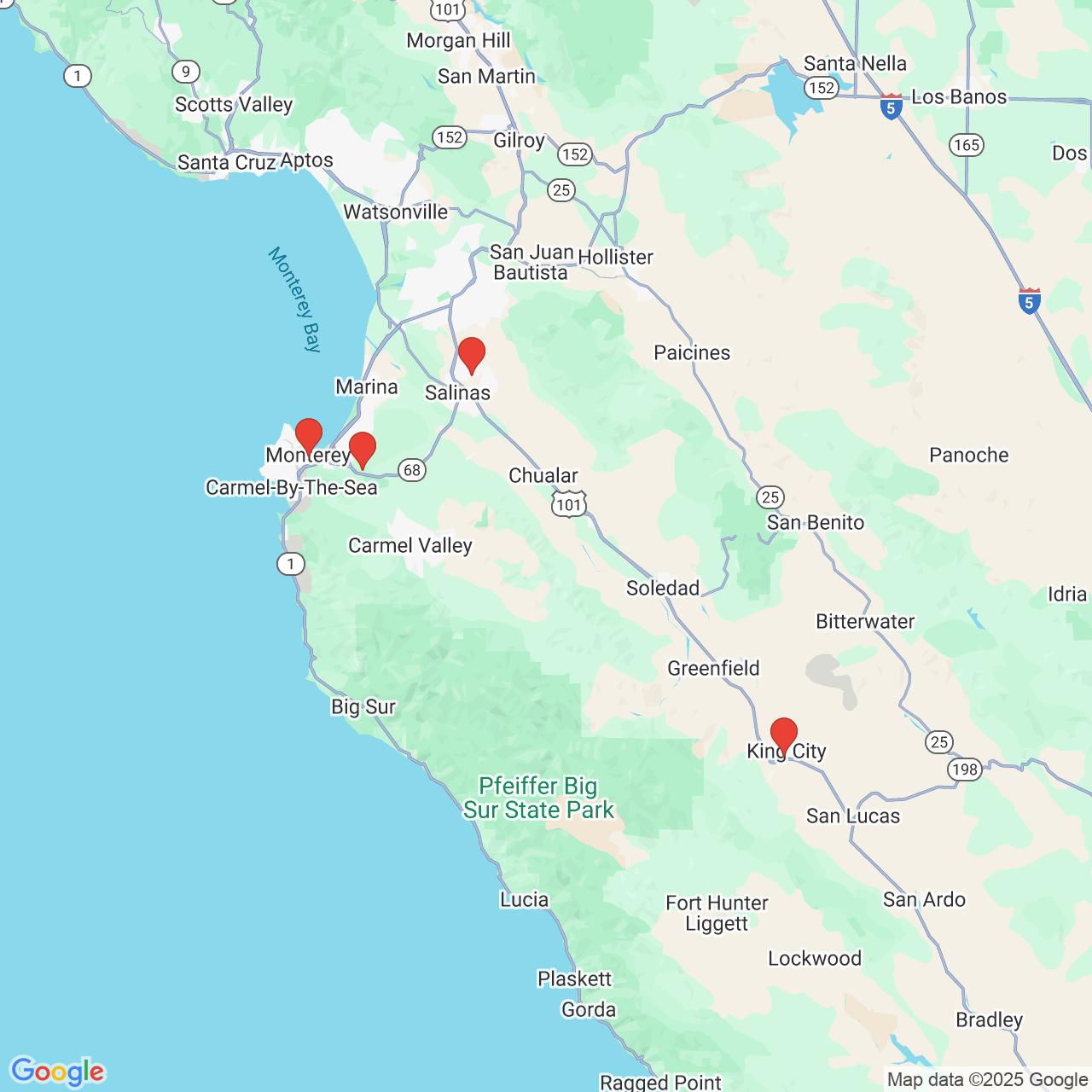Driving After Cataract Surgery
 Cataracts are a common part of the aging process. The clouding of the lens of the eye can reduce vision quality. Thankfully there are many treatments for cataracts, including surgical removal. Dr. Eric J. Del Piero, Dr. Leland H. Rosenblum, and Dr. Theresa de Barros have helped countless patients in Salinas and Monterey, CA overcome vision problems related to cataracts.
Cataracts are a common part of the aging process. The clouding of the lens of the eye can reduce vision quality. Thankfully there are many treatments for cataracts, including surgical removal. Dr. Eric J. Del Piero, Dr. Leland H. Rosenblum, and Dr. Theresa de Barros have helped countless patients in Salinas and Monterey, CA overcome vision problems related to cataracts.
Many patients who undergo cataract removal wonder if they can drive after their surgery has been performed. Let’s consider some key topics related to driving after cataract surgery.
Can I Drive Home After Cataract Surgery Is Performed?
No.
After cataract surgery, your vision may be improved but not stable. Additionally, you’ll have received some prior to surgery anesthesia that may not have worn off completely. This makes it dangerous to operate a vehicle on your own.
After your cataract surgery, you can take a cab or public transportation home, or have a loved one drive you. It’s important that you have someone with you even if you’re taking public transportation or a cab just to ensure you get home safely and are able to rest.
Can I Drive to the Follow-Up Visit the Day After Surgery?
No.
Even 24 hours after a successful cataract surgery, you may have some issues with your vision that have not resolved on their own. Because of that, it’s important to get a ride from a loved one or to continue taking other modes of transportation to the practice for the follow-up.
Can I Drive Home from the Follow-Up Visit?
That depends.
For the majority of cataract surgery patients, the eye doctor will say that they are fine to drive home on their own during daylight hours. This is if the patient is experiencing no visual fluctuations and no complications.
If you are noticing issues with your vision at this first follow-up visit, your surgeon will ask you to wait a day or so before getting back behind the wheel, if not longer.
Be Careful Driving at Night During Surgical Recovery
Even if you are cleared to drive again, we should point out that driving at night can be challenging. Your night vision can take a little time to fully recover after your surgery has been performed. Glare, halos, and issues with light sensitivity are not uncommon.
Be sure to take things slow when it comes to driving at night. If you notice glare and halos, try to avoid driving yourself at night until these issues have resolved.
Follow Post-Operative Instructions from Your Surgeon
The bottom line is that your safety is the most important thing on our mind. Be sure to follow your cataract surgeon’s instructions for post-op care. If any concerns or questions arise, make sure you address these to your cataract surgeon to receive the information and further instructions that you need.
Learn More About Cataract Surgery
If you would like more information about recovering from cataract removal, be sure to contact our skilled ophthalmologists and eye care specialists. You can reach Monterey County Eye Associates by phone in Salinas at (831) 424-1150. You can also reach Dr. Rosenblum in Monterey by phone at (831) 372-1500 and Dr. Del Piero by phone at (831) 375-5066.



